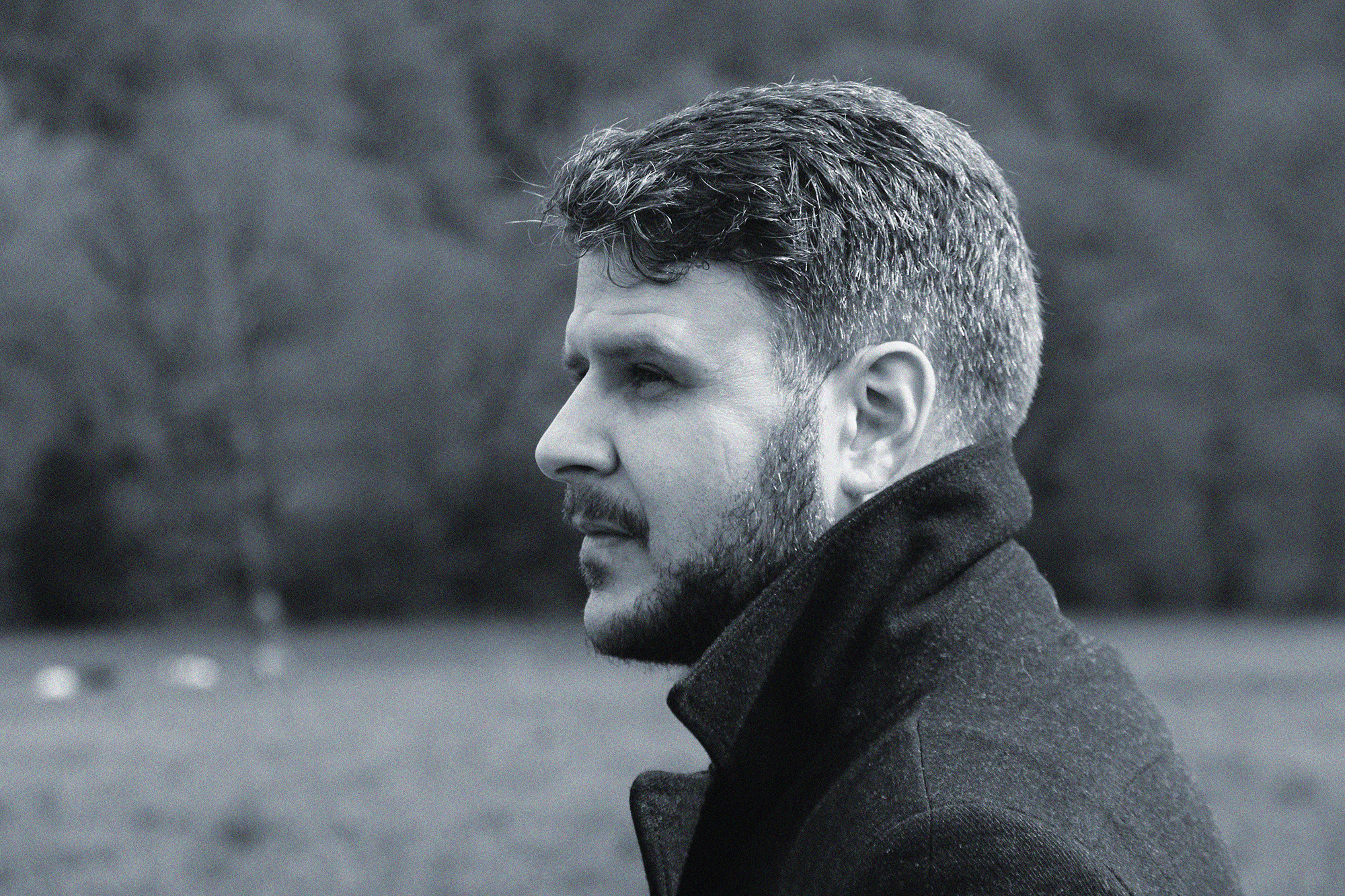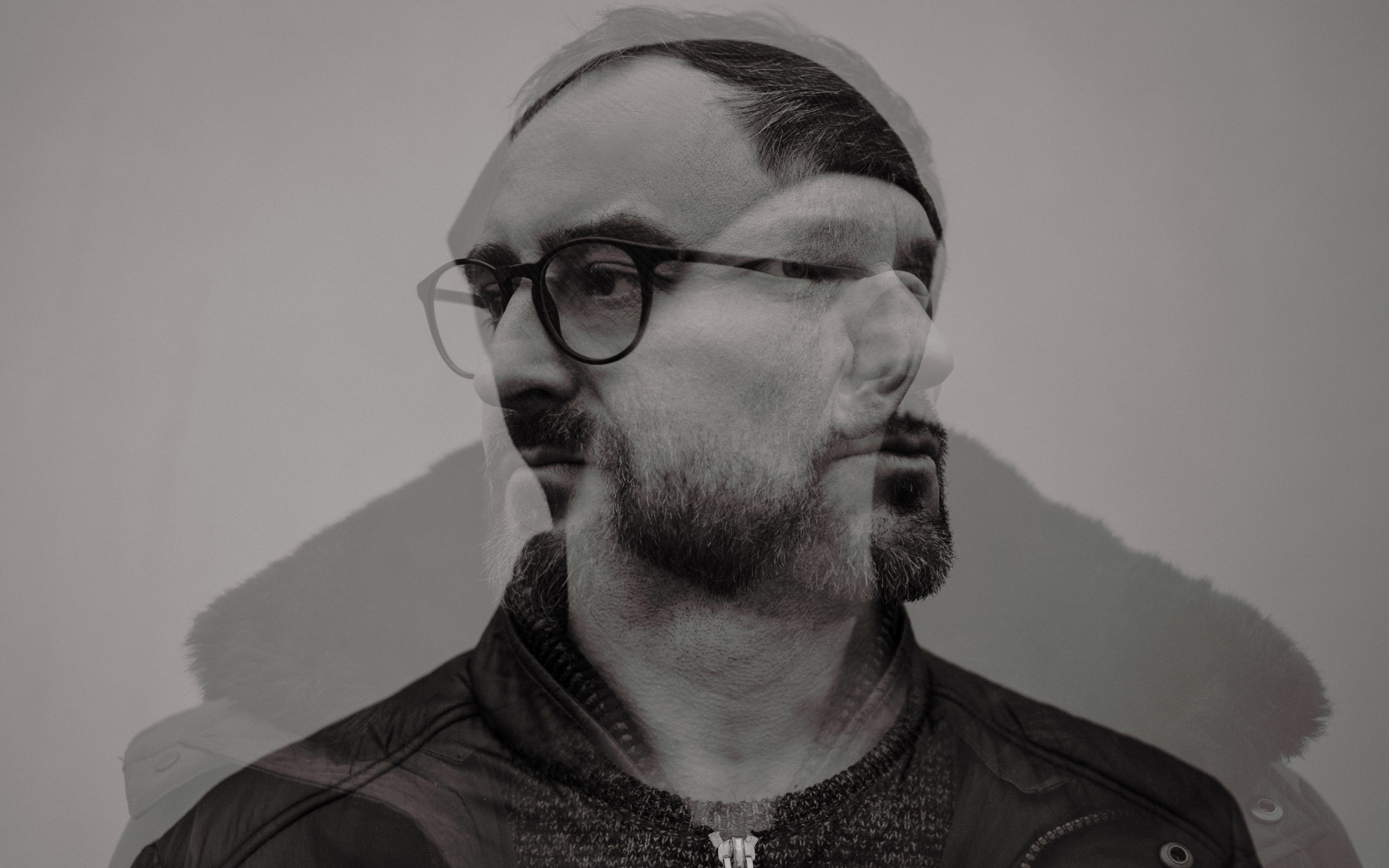Interview: 5 minutes with Spitama
Spitama is a lo-fi beat maker from the UK who fuses elements of instrumental hip-hop and chillwave together in order to create a warm, ethereal sound that is fast paced, yet meditative at the same time.
Influenced by an array of noteworthy artists and different sounds such as Madlib, J Dilla, Knxwledge, ELWD, Letherette, just to name a few, Spitama manages to mend these influences together into a unique portrayal, and then turn it into something entirely of his own concoction.
Spitama has been making music for around 2 years and has just released his debut album titled Eternal Ephemera, which is currently available as a free download and on limited edition cassette.
We caught up with Spitama to speak about studio techniques and finding the right sound:
Set the tone for us. Why the arts?
I think creativity and exploring oneself through expression are essential to the human good life, so I’ve always tried to make art in some form or fashion. When I was younger I used to write a lot, but more recently, my self-expression has been through music.
Which comes first when you’re producing – the sound or the idea?
For this album, it was the sound. I knew I wanted to work with a lush, ethereal palette of sounds and that I wanted my music to have a raw, lo-fi aesthetic so I spent a long time trying to achieve that.
Does your material feature any collaborations?
The artwork and tape design for the album were designed by the super talented Hungarian artist, Lili Král. But the music and its production was all handled by myself.
What’s on your current playlist?
I always try to keep a wide range of sounds on rotation at any one time. Right now, I’m listening to:
Milo – Who Told You To Think??!!?!?!?!
Open Mike Eagle – Brick Body Kids Still Daydream
ELWD – All Good Things
TALSounds – Love Sick
Botany – Deepak Verbera
Lasos – Inter Dimensonial Music
Laraaji’s discography
What techniques do you experiment with to get your original sound?
All of my music is sample based, so Ableton’s warping features are my main tool of sound design as they allow you to manipulate samples in truly unique ways. During this project, I fell in love with pitch warping in particular, as it really thickened up the sound of the samples and the artefacts which it introduced added a lot of raw character.
I also spent a lot of time experimenting with running my music through cassette tape at different stages of production, in order to get a warmer, more natural saturation than i felt plugins could offer. During the mixing process, I also used an old, temperamental analogue mixer which added great texture to the sound.
Other than that, I try to keep it as simple as possible in terms of composition, as I think the most powerful art doesn’t over complicate itself. It’s often the kind of thing which makes people say ‘I could have made that’ – but they didn’t.
Take us through a day in the recording studio.
Most of my sessions start by assembling a set of drums to work with from my DRM1. I will then program in some basic patterns and dig through some vinyl/tapes in search of samples. When I find a sample I like, I flip it on the spot and carry on – once I’ve gone through all the records I have on me, I will go through the session and refine everything I’ve been working on – tightening up my chops, fleshing out the drums, adding in intros, hooks, switch ups etc. At the end of the session, I export the best beats, and just spend time listening to them for a while.
Was there a specific moment in your life where you thought, “this is what I want to do”?
I’ve just graduated from University with a degree in politics, but around halfway through, I realised that politics really wasn’t for me. I had drifted from my old creative outlets and was feeling a little lost. I realised how close I was to being an adult and having to live in the real world, and it scared me that I couldn’t think of one single job that I wanted to spend my life doing. Making music in any context had always seemed like a pipe dream to me, but it was at that point I realised it was the only thing I really wanted to do, so should pursue it.
Any emerging artists on your radar?
I’m always looking for new music to keep me inspired, and there are plenty of dope artists on the come up right now. ELWD has been quietly doing his thing for the last couple of years and is a huge inspiration to me. Jadu Heart have a beautiful, unique sound. Lovibe has been killing it consistently with his recent releases, as has Lord Apex. I also recently stumbled upon Wowflower, who just dropped his debut album on House Shoes’s label, Street Corner Music and it blew me away a little.
What gets your creative juices flowing?
The main one I think is listening to great music by other artists – listening to an album and thinking ‘how did they get that sound?’ or ‘how are they flipping that sample like that? or ‘how can I make people feel this?’ always makes me want to open up Ableton and see what I can do. Knxwledge’s music is really good for that, as his stuff always cuts so deep. I also get inspired by the sky, around the times when the sun is rising or setting and the sky is full of crazy, beautiful hues and colours, that always makes me want to make something special.
Take us through your collection of gear, tech or software that accompanies your creative expression.
My setup is pretty simple, in terms of gear. To sample I use a Stanton turntable, or Tascam tape deck depending on whether I’m sampling from tape or vinyl. For my drums, I use a Vermona DRM 1 MKIII, which I am in love with. It has a super lo-fi sound to it and near endless boundaries of expression. From there, pretty much everything is done in Ableton. I can’t use Ableton without the Push though, as I’m very hands on and love the feel of hardware. I love that I can stretch a sample over 64 pads with it, it opens up a lot of new possibilities that I wouldn’t be able to see with a traditional 16 pad controller. For mixing, I run my tracks through an old Yamaha RM-800 which has a unique look and feel to it and then through an old Yamaha 4 track to add an extra bit of character.
Any side projects you’re working on?
Eternal Ephemera was my first release, so I’ve been wholeheartedly focused on that over the last few months. Now that it’s finished, I’m looking forward to getting started on making new material and exploring different sounds and sonic aesthetics.
How have you refined your craft since you entered the industry?
I have only been making music for around two and a half years, so my main tools of refinement have been research and practice. As a relatively inexperienced artist, the main thing that I have tried to work on is my artistic vision, in that I now approach tracks with goals of how I want them to sound and try to impart my moods and feeling into the music more – whereas when I started, I would just aimlessly flip samples, without regard for a consistent tone and was unable to stamp my own voice onto them.
Breakdown the news for us: what can we expect from you this year?
Who knows, now that I have graduated from University, I’m hoping to make music full time and be a lot more prolific in my output.
Download or purchase Eternal Ephemera via Spitama’s bandcamp page
For more information follow Spitama on Facebook



